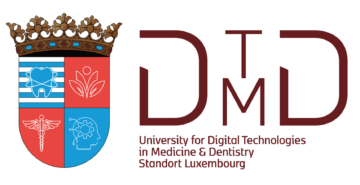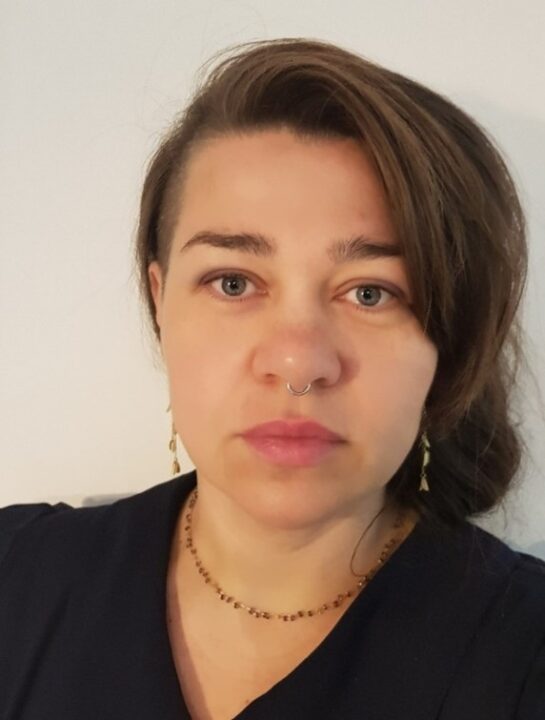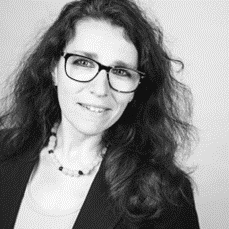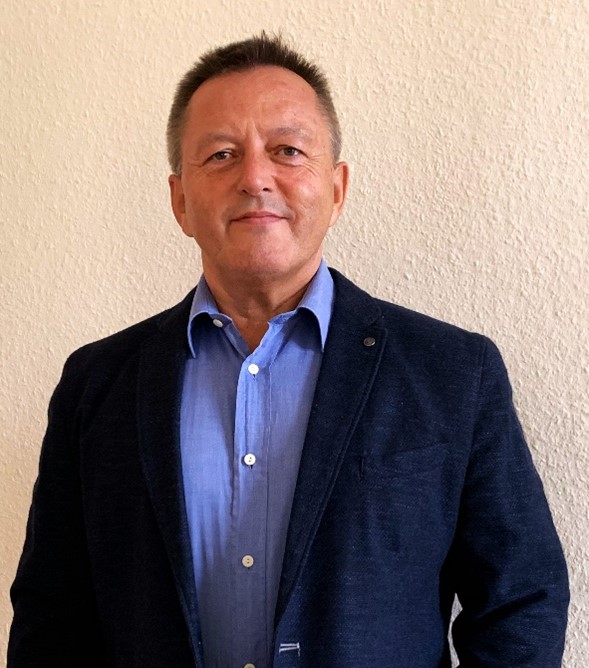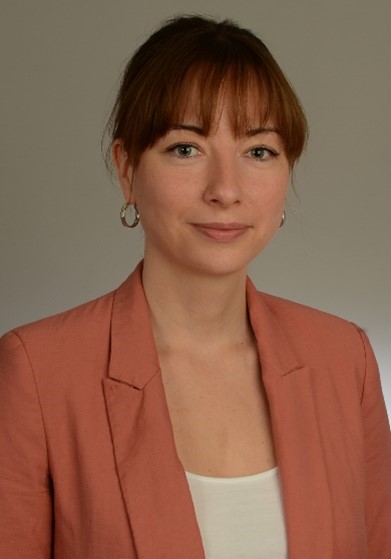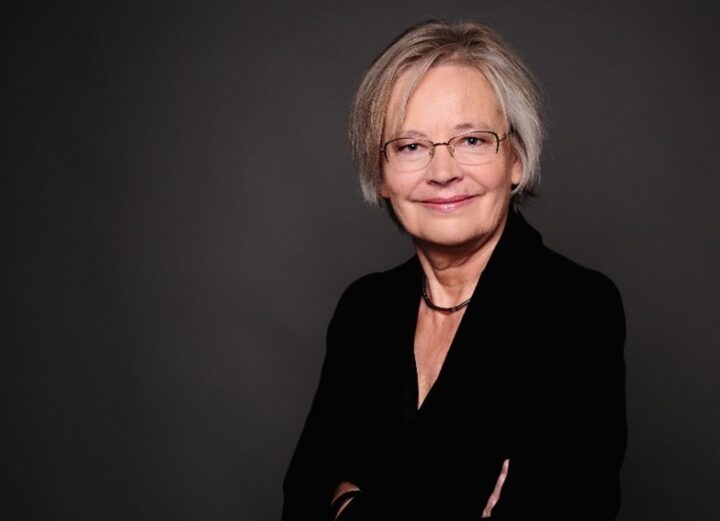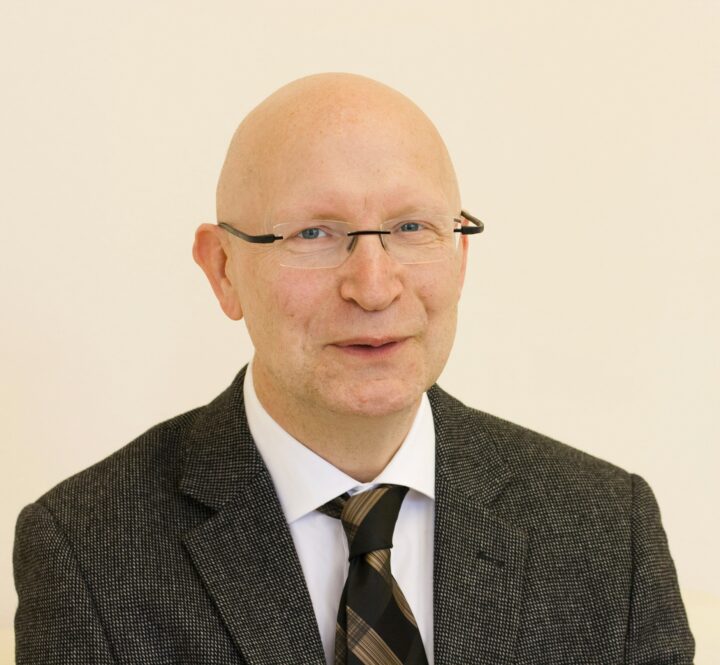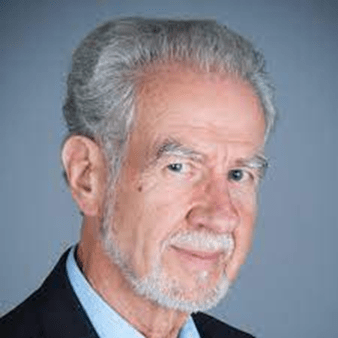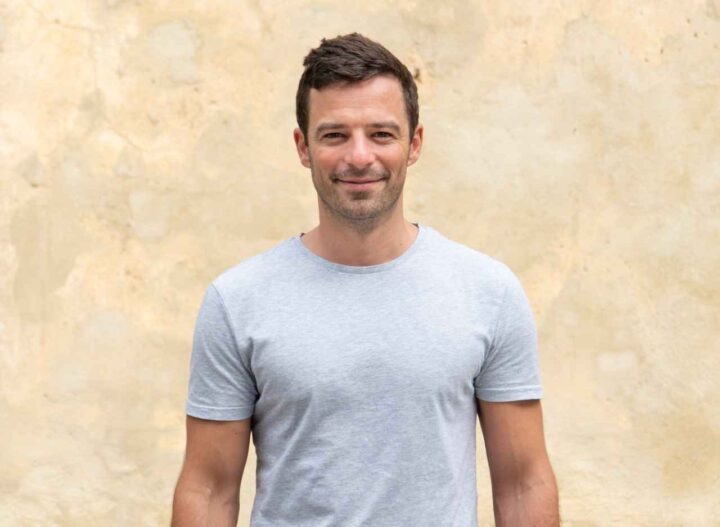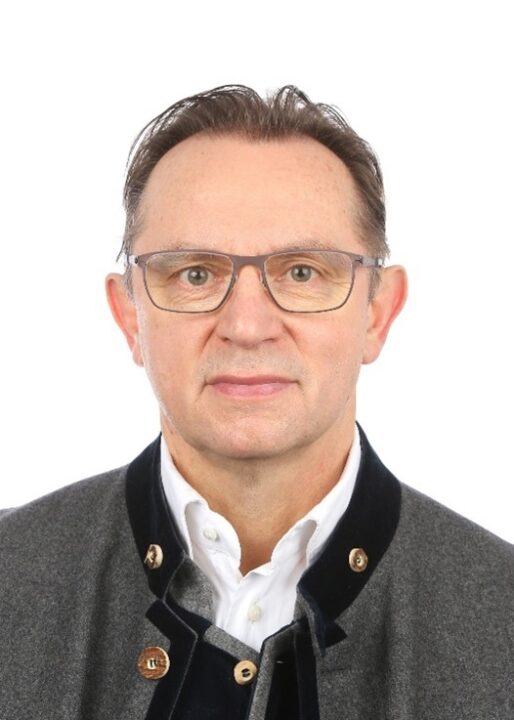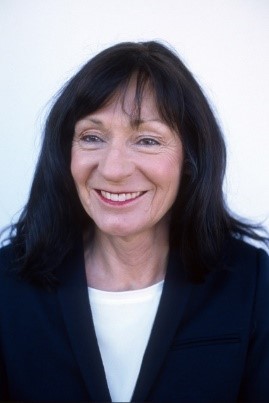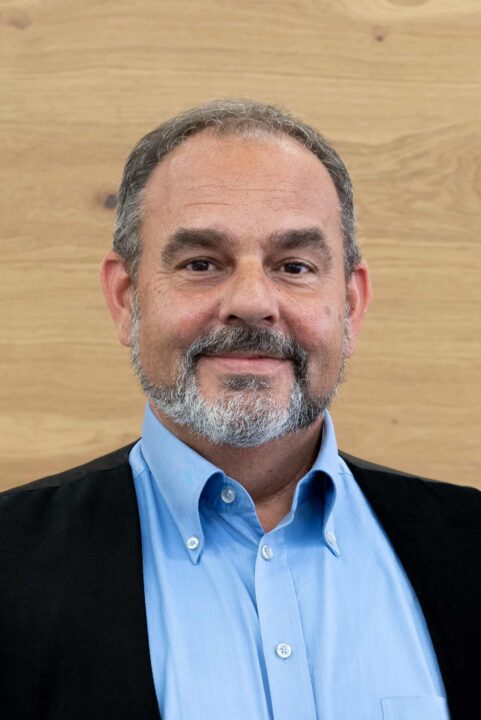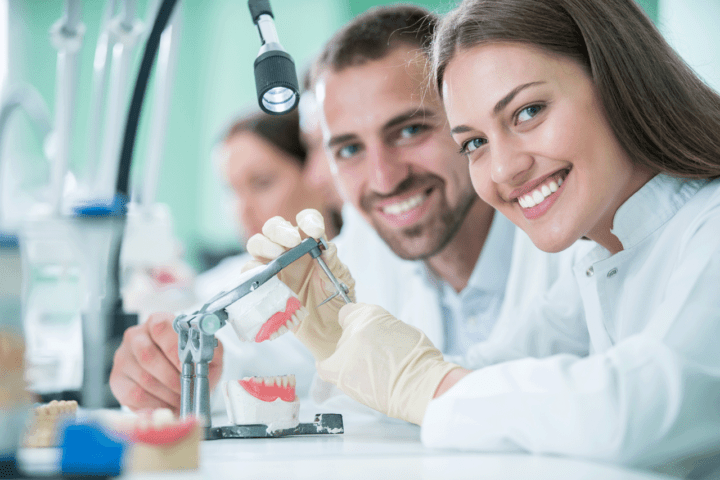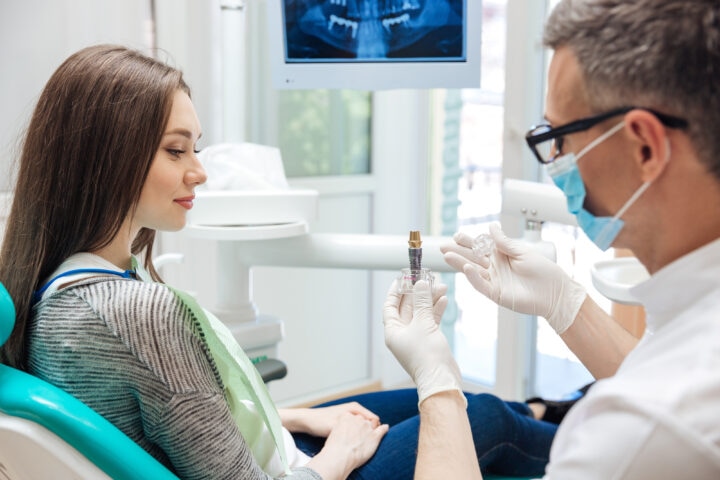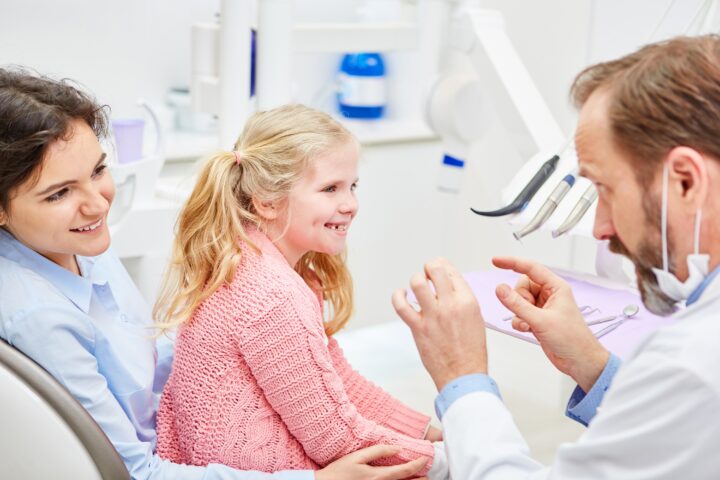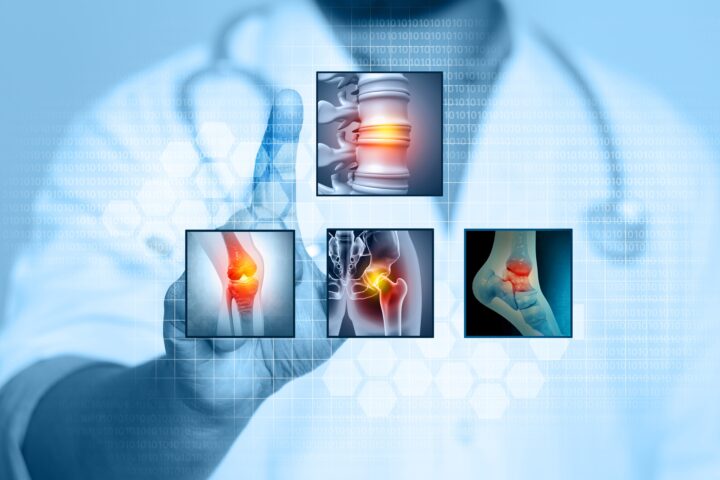This post is also available in:
Deutsch

The most important information about the "Integrative Health Promotion" Master's program
| Name | Integrative Health Promotion |
| Academic degree | Master of Science (MSc) |
| Language | German |
| Duration | 6 semesters (3 years, part-time study) |
| ECTS | 120 |
| Model | Part-time postgraduate university study program |
| Degree | Master thesis and oral colloquium |
| Number of modules | 12 compulsory modules (105 ECTS), elective modules in the amount of 15 ECTS |
| Start / Place of study | Winter semester 2023 |
| Course organization | Swiss Campus of DTMD (Lucerne, Switzerland); Berlin (Germany), DTMD Castle Wiltz, Luxembourg Locations for the attendance phases will be announced soon, depending on the number of participants; mainly Lucerne (Switzerland) and Berlin (Germany). |
| Admission requirements | Bachelor's degree or equivalent qualification (according to the Bruges Copenhagen Process) |
| Tuition | € 29.900 |
| Payment modalities | Single payment or 4 partial payments |
About the program
Integrative health promotion, health coaching and prevention
The master's program in "Integrative Health Promotion" is oriented towards the transfer of knowledge and practices for the sustainable promotion of health. Health promotion becomes sustainable when people become protagonists of their own health in their respective environments and on the basis of their own resources and abilities. For this purpose, the program goes beyond the boundaries of traditional disciplines (psychology, education, medicine, health sciences, etc.) and considers health and prevention from an interdisciplinary and systemic perspective. Guiding concepts are resilience, salutogenesis and self-efficacy.
The scientific basis of the program - in addition to health and counseling sciences - is formed in particular by cultural studies, epigenetics, psychoneuroimmunology, and counseling within psychotraumatology. As for psychoneuroimmunology and epigenetics, these are understood as intersections of the natural sciences, medicine, and the humanities and social sciences and are used in terms of their potential for resilience and self-efficacy. Cultural studies are seen as an interface between art and science, so that the potential of artistic processes can be used for health and well-being.
From a didactic point of view, the program has three goals: the transmission of knowledge, the application of knowledge, and the teaching and practice of practices. The offerings in the various areas consist of basic modules (theory, lectures, self-learning, etc.) and advanced modules (seminars, in-depth and practical application, self-experience, project work, supervision, etc.). In the final phase, participants can choose to specialize in specific topics, groups, and/or settings of individual, workplace, or community health promotion and health tourism. A special focus of the course is the qualification for independent scientific work and project work.
Depending on the prerequisite, the program can be completed with 120 CPs (from the bachelor's level) or with 60CPs (from the master's level, or 240 CP's with a successful academic degree).
For students who do not yet have academic study experience, the Swiss-Campus and the DTMD University offer a Certificate of Advanced Studies (CAS), which prepares students for further study. This CAS is strongly recommended for newcomers.
Didactics and focus of the extra-occupational study program
The scientific basis of the program - in addition to health and counseling sciences - is formed in particular by cultural sciences (culture and healing, cymatics and related disciplines), epigenetics (epigenetic science), psychoneuroimmunology, and psychotraumatology (recognizing and dealing with psychotrauma). As for psychoneuroimmunology and epigenetics, these are understood as intersections of the natural sciences, medicine, and the humanities and social sciences and are used in terms of their potential for resilience and self-efficacy. Cultural studies are seen as an interface between art and science, so that the potential of artistic processes can be used for health and well-being.
From a didactic point of view, the program has three goals: the transmission of knowledge, the application of knowledge, and the teaching and practice of practices. The offerings in the various areas consist of basic modules (theory, lectures, self-learning, etc.) and advanced modules (seminars, in-depth and practical application, self-experience, project work, supervision, etc.). In the final phase, participants can choose to specialize in specific topics, groups, and/or settings of individual, workplace, or community health promotion and health tourism. A special focus of the course is the qualification for independent scientific work and project work.
